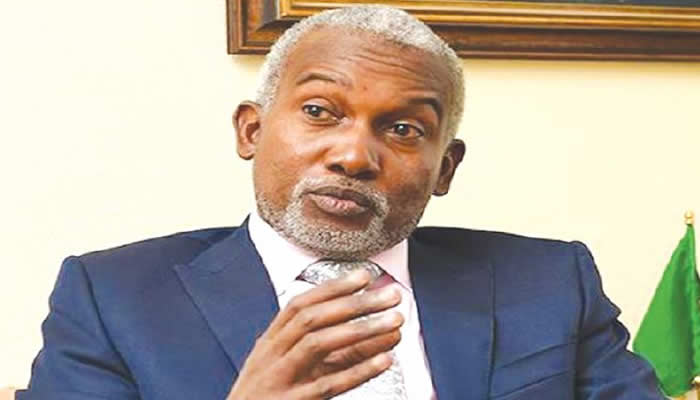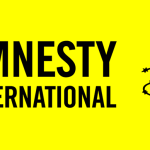The Federal Government has launched a coordinated effort to rescue and repatriate several Nigerian workers who were left stranded in the Bambari region of the Central African Republic, approximately 850 kilometres from the capital city, Bangui.
This move followed the circulation of a viral video on social media that revealed the plight of the abandoned workers, sparking nationwide concern over their safety and wellbeing.
In a statement issued on Friday, the Ministry of Foreign Affairs confirmed that the Nigerian Embassy in Bangui had established contact with the affected citizens and was working closely with local authorities to secure their immediate evacuation.
“The Ministry is deeply troubled by the condition of Nigerian nationals in the Bambari area who were reportedly deserted by their employers,” said Kimiebi Ebienfa, spokesperson for the ministry.
“Our Mission in the Central African Republic has made contact with the stranded individuals and is actively working to ensure their safety, welfare, and prompt return to Nigeria.”
According to the Ministry, the stranded workers have had their passports retrieved, and a vehicle has already been dispatched to Bambari to bring them to Bangui. The government added that a military escort will accompany the evacuees to the capital, with their arrival expected on Saturday, July 26, 2025.
“Arrangements are ongoing with the relevant company to provide temporary accommodation and basic welfare for the individuals while plans are finalised for their repatriation to Nigeria,” the ministry noted.
Reaffirming its commitment to the safety of Nigerians abroad, the Federal Government also issued a caution to citizens seeking employment opportunities overseas.
“We urge Nigerians to diligently verify their prospective employers before embarking on any international job offers,” the ministry advised. “Additionally, they should ensure all documentation is complete and register with Nigerian embassies in their host countries to ease consular assistance in case of emergencies.”
The government’s intervention is part of its broader mandate to protect the rights and dignity of its citizens globally, especially those who fall victim to unsafe migration or exploitation.







